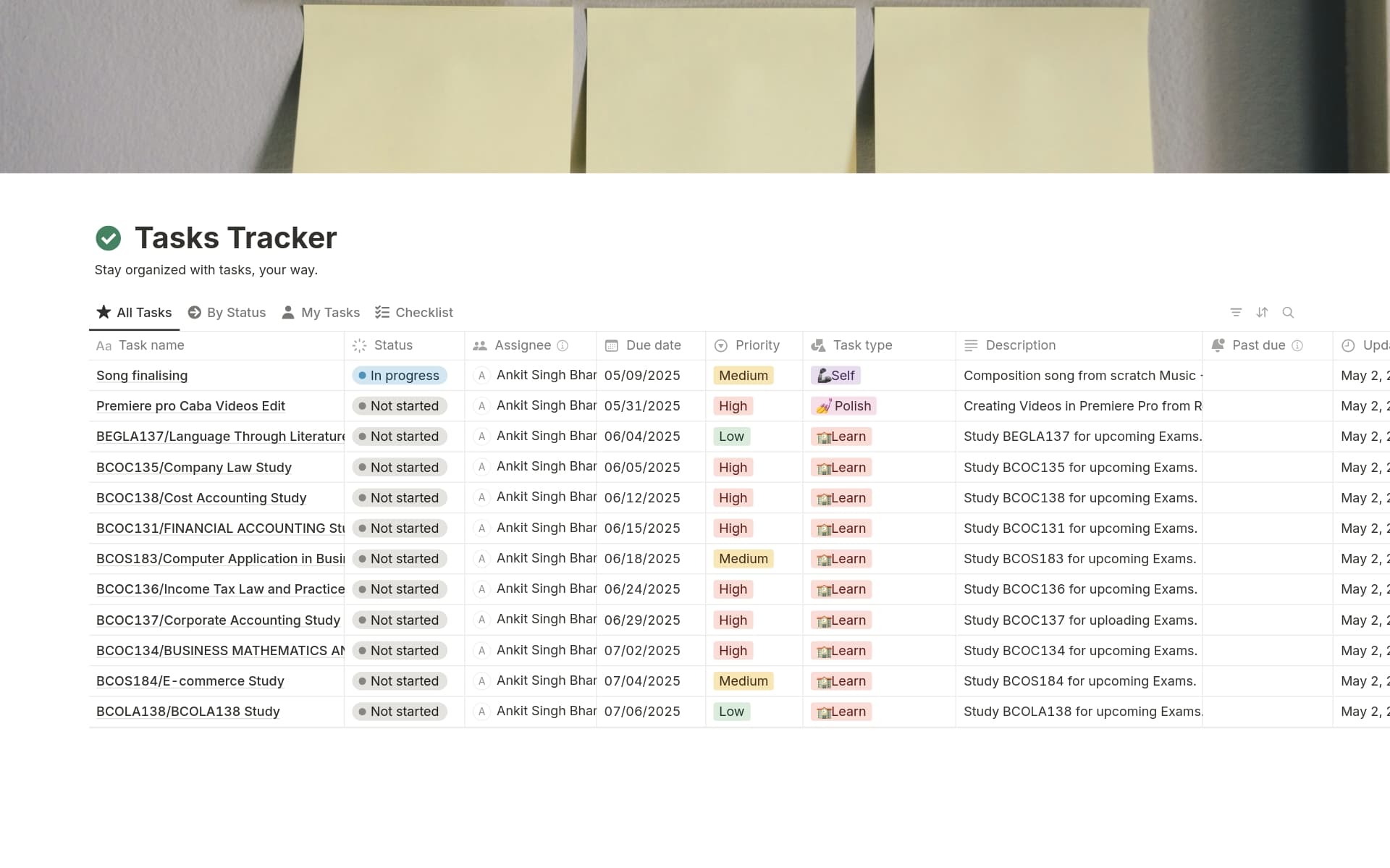For digital marketers, orchestrating a product launch is a multifaceted endeavor, encompassing market research, project management, and strategic communication. A Product Launch Tracker aids in orchestrating these elements by providing a structured overview of timelines, responsibilities, and progress toward milestones. This kind of template promises to streamline the launch process, enabling marketers to focus on execution and optimization rather than organization.
Before diving into creating your own Product Launch Tracker in Notion, exploring these examples could offer valuable insights and simplify your process.
What Should Product Launch Tracker Templates Include?
Choosing the right Product Launch Tracker Template can streamline your marketing efforts and ensure a smooth rollout. Here are key components to look for in an effective template:
Timeline Management - This feature should allow you to schedule and visualize key milestones and deadlines, ensuring that every phase of the launch is executed on time.
Resource Allocation - A good template will help you track the distribution of resources, including budget, manpower, and materials, to avoid overuse and optimize allocation.
Progress Tracking - It should provide tools to monitor the advancement of different tasks, offering insights into what's completed and what's pending, thus keeping the team aligned.
Communication Logs - Effective templates include sections for logging communication with stakeholders, ensuring that all interactions are documented and accessible for review.
Ultimately, the best Product Launch Tracker Template will offer clarity and control, making it easier to manage your product's journey from concept to customer.
What Should Product Launch Tracker Templates Avoid?
Choosing the right Product Launch Tracker Template is crucial for streamlining your marketing efforts. However, some features can complicate rather than simplify your process. Here are key elements to steer clear of:
Overly Complex Metrics: Avoid templates that include too many detailed metrics which can divert focus from core objectives and lead to analysis paralysis.
Non-Customizable Fields: Templates that don't allow customization can be restrictive. Ensure the template can be tailored to fit your specific product and market needs.
Fixed Time Frames: Steer clear of templates with rigid time frames. Flexibility in scheduling is essential to accommodate the dynamic nature of product launches.
Selecting a template that avoids these pitfalls will ensure a smoother, more effective product launch. Look for simplicity, adaptability, and relevance to your specific goals.




